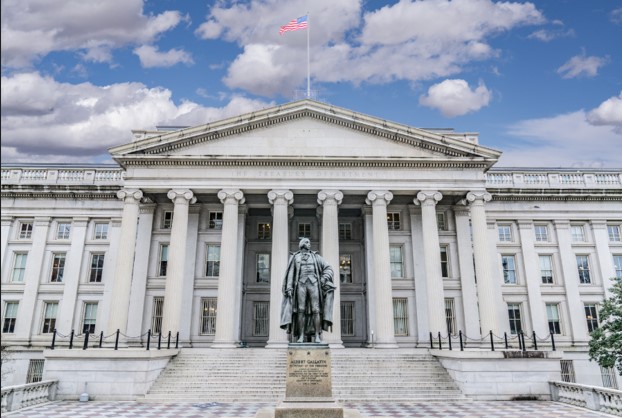Supreme Court to Hear Trump v. United States: A Deep Dive into Presidential Immunity
The U.S. Supreme Court is set to engage in a significant legal discourse on April 25, 2024, concerning the case of Trump v. United States. This case centers around the contentious issue of presidential immunity, particularly in light of allegations of election interference involving former President Donald Trump. This legal battle has profound implications not only for Trump but also for the broader constitutional landscape concerning the powers of the presidency and the checks on those powers.
Background of the Case
The roots of this case can be traced back to the investigations led by Special Counsel Jack Smith, focusing on the actions of Trump and several associates following the 2020 presidential election. They are scrutinized for their attempts to undermine the electoral results and their involvement in the events that led to the attack on the U.S. Capitol on January 6, 2021. The serious nature of these allegations sets the stage for questions of accountability, legality, and the boundaries of presidential actions.
Trump’s Legal Arguments
In mounting his defense, Trump’s legal team argues for the doctrine of absolute immunity. They contend that a sitting president should be completely immune from criminal prosecution concerning official acts, even if those actions are alleged to be illegal. They posit that this immunity should hold unless the president has been impeached and removed from office by Congress. This argument is grounded in legal precedents, particularly the Supreme Court’s 1982 decision in Nixon v. Fitzgerald, which granted presidents absolute immunity from civil damages for actions undertaken in their official capacity.
Concerns Over Presidential Immunity
Critics of this broad interpretation of presidential immunity raise significant alarms, warning that such a perspective could potentially extricate the president from legal accountability. Legal experts underscore that the U.S. Constitution does not explicitly provide absolute immunity from criminal prosecution. This opens a larger debate about legality and accountability within the office of the president, suggesting that no individual, regardless of their position, should be above the law.
Implications of the Supreme Court’s Ruling
The implications of the Supreme Court’s ruling in this case could redefine the balance of power between the executive branch and the judicial system. A decision in favor of Trump’s position could set a precedent that endorses expansive presidential immunity, reshaping how future administrations operate under the law. Conversely, a ruling limiting immunity could reinforce principles of accountability and checks on executive power, fostering a renewed conversation about the rule of law in the United States.
The Ongoing Debate Over Executive Authority
As the nation gears up for the Court’s decision, Trump v. United States serves as a critical reminder of the ongoing debate regarding the limits of executive authority. This case is emblematic of broader inquiries into how the United States ensures accountability for its highest office. The legal principles established in this ruling could influence multiple aspects of government function, from executive power to congressional oversight mechanisms.
Conclusion
The upcoming Supreme Court hearings on Trump v. United States represent a pivotal moment for U.S. jurisprudence, potentially altering our understanding of presidential immunity. As legal interpretations evolve, the discussion surrounding accountability in the highest office will continue, highlighting the necessity for clear boundaries around the actions of elected officials. The outcome may well serve as a cornerstone for future interactions between the presidency and legal accountability.
FAQs
What is the main issue being discussed in Trump v. United States?
The main issue revolves around the extent of presidential immunity and whether a sitting president can face criminal prosecution for official acts, especially amidst allegations of election interference.
What precedent is Trump’s legal team relying on?
Trump’s legal team cites the Supreme Court’s 1982 ruling in Nixon v. Fitzgerald, which established absolute immunity for presidents from civil damages for actions taken in their official capacity.
What concerns do critics have regarding presidential immunity?
Critics argue that broad interpretation of presidential immunity could enable presidents to act illegally without facing legal consequences, undermining the rule of law.
How could the ruling affect future presidencies?
The ruling could redefine the scope of presidential immunity, influencing how future administrations approach executive power and accountability.
What is the significance of the case for the U.S. legal system?
This case highlights critical questions regarding the relationship between the executive branch and the judicial system, shaping the framework of accountability for the nation’s highest officials.

